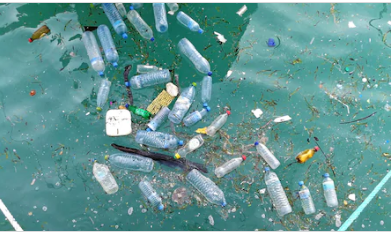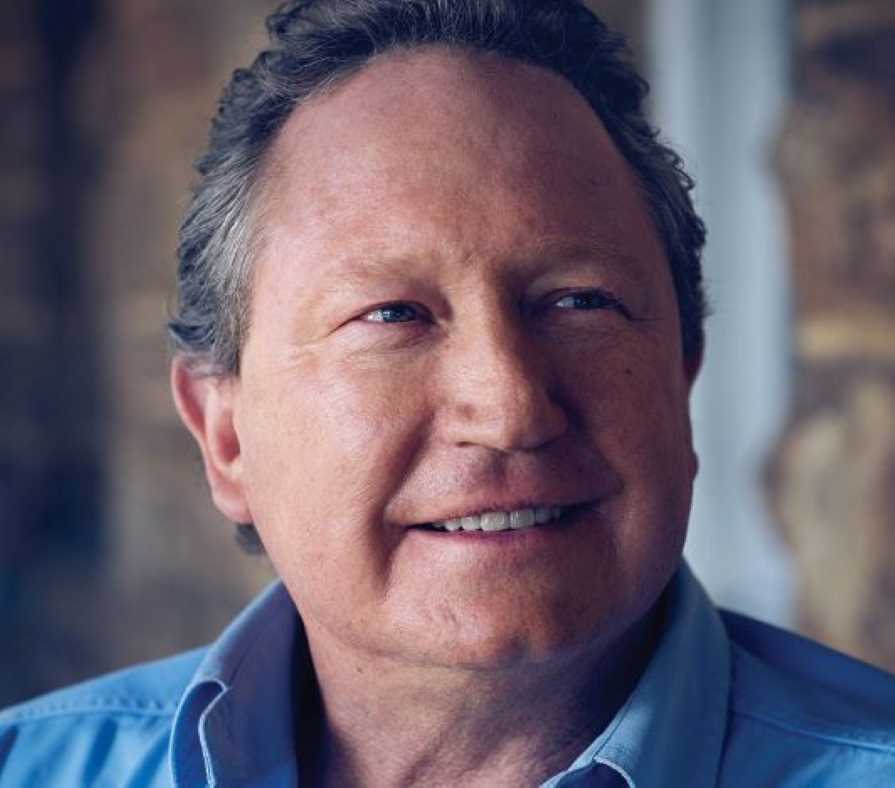William McKeever’s new documentary, The Health Impact from Ocean Plastics.
In the United States, the plastics industry is the third-largest manufacturing industry with companies producing a multitude of products from injection moldings to single-use products such as bottles, straws and countless consumer items that are used around the world. The problem is that a staggering amount of that single use plastic is discarded every year, ending up in oceans. Plastic waste is carried to the sea by rivers, canals, harbors and the wind. Microplastics can even be found at 5,000 meters depth, and plastic bottles have been found at depths of 3,500 meters.

Plastic has a huge impact on the marine ecosystem. When plastic degrades and fragments into small pieces, it can release toxic substances. All sorts of animals that live in the sea mistake plastic and microplastics for food, and so, these toxic substances then enter our food chain. Additionally, en route to the sea, plastic fragments absorb all kinds of toxic substances from the sewers and polluted areas that they pass through, becoming toxic bombs.
These substances are released in the bodies of the organisms that eat plastic. The marine food pyramid is affected as animals at the bottom of the food chain are eaten by animals above until it reaches the top of the food chain, man. This plastic pollution of the ocean can therefore seriously damage human health.
Mankind must make changes in how plastic is produced and used in society or else face a grave environmental catastrophe.
William McKeever’s new documentary, “The Health Impact from Ocean Plastics,” sets out to elucidate the hard truth about the effect of the plastic industry on our planet, specifically around its consequences on human health. The film has interviews with top biologists and scientists who are conducting leading-edge research into the health effects and making exciting new discoveries at top universities around the world, sharing their research and solutions. The film will discuss lifestyle and industry changes and the need to create, as the European Union (EU) has said, a “new plastic economy”.
This documentary film will bring these issues out into the public domain through: first, the visual impact of the tons of plastic garbage covering our world and clogging the oceans. Followed by, the impact of plastic on marine life from the plastic debris including nets and buoys. Then, discussing the effect of plastic on the health of the marine food chain and what that means for human health. Mankind must make changes in how plastic is produced and used in society or else face a grave environmental catastrophe. The film discusses several approaches.
With most of the film shot, McKeever is now looking for an executive producer to assist in finishing the film.

